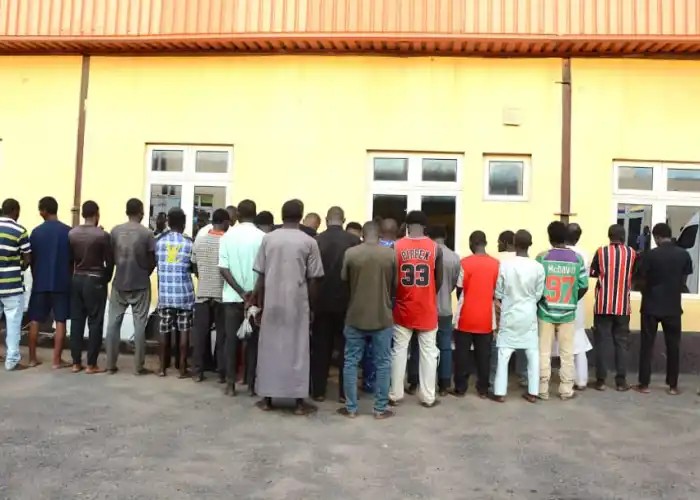MINISTER of Power, Adebayo Adelabu, has said Nigeria is charting a new direction in its electricity industry, shifting from a centralised national framework to a multi-tier, multi-actor market, a transition he says is already attracting investments exceeding $2 billion and improving supply reliability across the country.
He disclosed yesterday at PwC’s annual Power and Utility Roundtable 2025 held in Lagos, themed ‘Nigeria’s Multi-Tier Electricity Market: Imperatives for Successful Evolution’.
Adelabu said the reforms, under the Electricity Act 2023 and President Bola Ahmed Tinubu’s Renewed Hope Agenda, were structured to decentralise and liberalise the power landscape, enabling state governments to partner with private investors in electricity generation, transmission, and distribution.
“Today, Nigeria has 15 state electricity markets at different stages of development, creating new opportunities for innovation and investment. What this means is simple: Nigeria has moved from a one-size-fits-all electricity market to a dynamic, multi-tier federation of markets,” he said.
Tracing the evolution of Nigeria’s power sector, he recalled the long-standing federal monopoly exercised through the Electricity Company of Nigeria (ECN), the National Electric Power Authority (NEPA), and later the Power Holding Company of Nigeria (PHCN), stressing that decades of centralisation failed to deliver dependable supply.
The minister said the reforms were anchored on two priorities, decentralisation and liberalisation, explaining that federal funding alone cannot meet the sector’s huge capital demands, including thousands of transformers, substations, and high-voltage transmission lines.
He maintained that private capital was crucial to building the infrastructure required to drive industrialisation, create jobs, and strengthen economic diversification.
According to him, decentralisation promotes efficiency, competition, and state-tailored solutions, while enhancing reliability through embedded generation and mini-grids. He pointed to renewable energy as a major area of opportunity, highlighting Nigeria’s vast solar and wind resources as well as the potential of small and medium-scale dams across the country.
PwC’s Regional Senior Partner, Sam Abu, said the consistent hosting of the power roundtable reflected persisting structural challenges in the sector that require continuous engagement.
He noted that this year’s forum maintained a 15-year tradition of convening key players shaping Nigeria’s electricity future, with the 2025 edition focused on shifting from diagnosis to actionable solutions.
Abu described the Electricity Act 2023 as a major turning point that empowers states to develop and regulate their own electricity markets, moving Nigeria from a centralised model to a multi-tier energy ecosystem.
He said the reform offered pathways for competition, innovation, and improved service delivery but underscored the importance of clear rules, strong regulatory coordination, modern infrastructure, and alignment between federal and state authorities.






